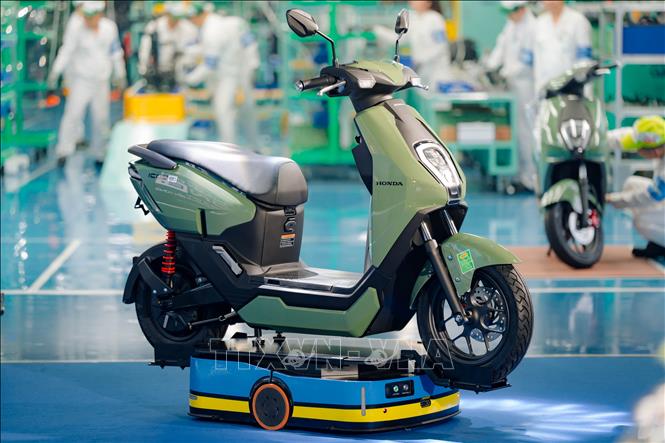
Gasoline cars slow down, electric cars accelerate
According to the Vietnam Association of Motorcycle Manufacturers (VAMM), vehicle sales of 5 member units (including Honda, Yamaha, Suzuki, SYM and Piaggio) in the third quarter of 2025 reached 621,732 vehicles, down 9.37% compared to the same period in 2024. In total, in the first 9 months of 2025, VAMM member units sold 1.9 million vehicles, almost unchanged compared to the same period last year.
Experts say that the above sales reflect the cautious psychology of consumers in response to information about restrictions on gasoline vehicles in some big cities, especially Hanoi, which may ban gasoline motorbikes in Ring Road 1 from July 1, 2026 according to Directive 20/CT-TTg of the Prime Minister on a number of urgent tasks to drastically prevent and solve environmental pollution issued on July 12, 2025. In that trend, many customers are waiting for green products, low operating costs and more environmentally friendly.
Among VAMM members, only Honda and Yamaha have started to launch electric motorbike businesses. Honda launched two models, the ICON e: and CUV e:, aimed at urban users, while Yamaha introduced the Neo's, its first electric vehicle for Southeast Asia. However, VAMM's sales still mainly come from traditional gasoline vehicles, showing that the transformation process of the joint venture is still slow compared to the growth rate of the market.
On the contrary, the electric motorbike segment is making a strong breakthrough. According to statistics from Motorcycle Data (an organization specializing in providing data and statistics on the global motorbike market), in the first 8 months of 2025 in Vietnam, the light electric vehicle segment (equivalent to under 50cc) increased by nearly 90%, while high-power electric vehicles (over 50cc) increased by 197%. In particular, VinFast leads the market with a growth rate of 447%, continuously expanding the charging station system, implementing incentive programs and launching many new generation electric vehicles.
Although it has not announced its sales figures, Yadea - a Chinese electric motorbike brand - has affirmed its presence in Vietnam by investing in a second assembly plant in Bac Giang and its "localization of production" strategy. Similarly, Dat Bike, a Vietnamese startup pioneering in the high-performance electric vehicle segment, has maintained its appeal thanks to its different approach... These brands have also strongly expanded their distribution networks, contributing to promoting the green transformation trend in the two-wheeled transport sector.
The fierce screening and the future of the two-wheeled vehicle industry
The hot growth of electric vehicles in the past two years is pushing the market into a natural screening phase. Dozens of small brands with poor product quality or lacking after-sales service capabilities are gradually withdrawing.
Electric vehicle expert Nguyen Huu Nam commented: “The Vietnamese electric motorbike market is going through a necessary adjustment cycle. After the boom period, only businesses with strong technological capabilities, supply chains and service ecosystems can survive for a long time.”
In addition to domestic brands such as VinFast and Dat Bike, the entry of Honda and Yamaha is helping the market become more professional and standardized. The fact that two traditional “giants” are investing heavily in electric vehicles shows an irreversible trend, while also pushing other businesses to improve technical standards, battery quality and warranty.
A MotorData survey (2025) shows that 68% of Vietnamese consumers consider battery quality and warranty policy as the top factors when choosing an electric vehicle. Companies such as VinFast, Yadea, Honda and Yamaha have all extended battery warranties to 5-7 years, expanded their maintenance networks and trained specialized technicians.
However, the development of electric vehicles still faces many challenges. Charging infrastructure is still limited, especially in residential areas and old apartment buildings. In addition, the issues of battery durability, replacement costs and component standardization still need to be resolved synchronously. The Ministry of Agriculture and Environment and the Ministry of Industry and Trade are completing a set of national standards for batteries, chargers and technical safety of electric vehicles, expected to be applied from 2026, which is expected to regulate the market, eliminate poor quality products and create a foundation for sustainable development.
According to car and motorbike experts, from a socio-economic perspective, electric vehicles offer many outstanding advantages: operating costs are up to 70% lower than gasoline vehicles, do not emit CO₂, are noise-free and are in line with the national green energy transition strategy. The government is also considering tax incentives for imported components, exempting registration fees for electric vehicles, and encouraging investment in domestic battery, motor and component factories.
Experts predict that by 2026, Vietnam may reach the milestone of 2 million electric motorbikes in circulation, but only about 5-6 major brands will be able to maintain their position. The narrowing in quantity but expanding in quality is expected to bring the market into a more stable development cycle, focusing on sustainable products, professional after-sales services and international standards.
“The selection process is fierce, but it is a necessary process for the Vietnamese motorbike industry to mature. Any enterprise that passes this stage will become the pillar of the Vietnamese electric vehicle industry in the next decade,” Mr. Nguyen Huu Nam affirmed.
Experts say that the transformation of the Vietnamese motorbike market not only reflects changes in consumer behavior, but also shows the growing influence of green transportation trends. From being just an alternative, electric motorbikes are becoming a strategic pillar of the two-wheel industry, contributing to shaping a cleaner, more economical and sustainable transportation future.
Source: https://baotintuc.vn/thi-truong-tien-te/thi-truong-xe-may-dien-sang-loc-khoc-liet-20251101084814275.htm


![[Photo] Prime Minister Pham Minh Chinh chairs the second meeting of the Steering Committee on private economic development.](https://vphoto.vietnam.vn/thumb/1200x675/vietnam/resource/IMAGE/2025/11/01/1762006716873_dsc-9145-jpg.webp)





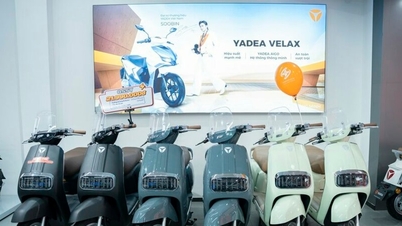

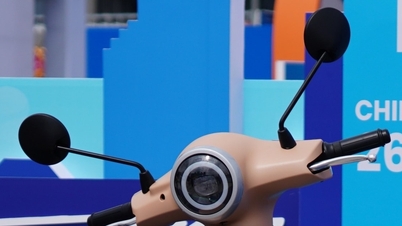

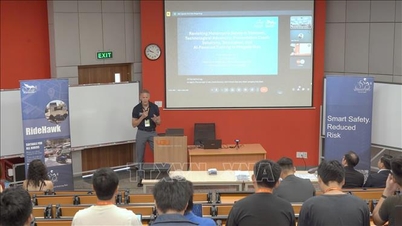


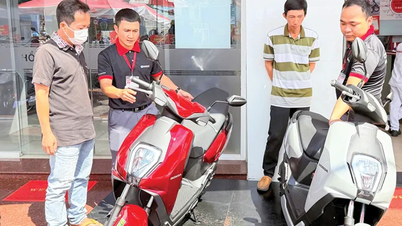













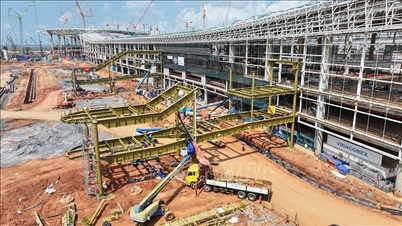

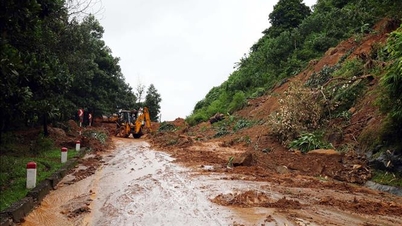























































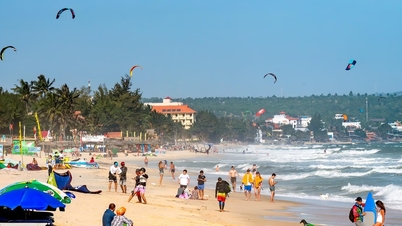






















Comment (0)